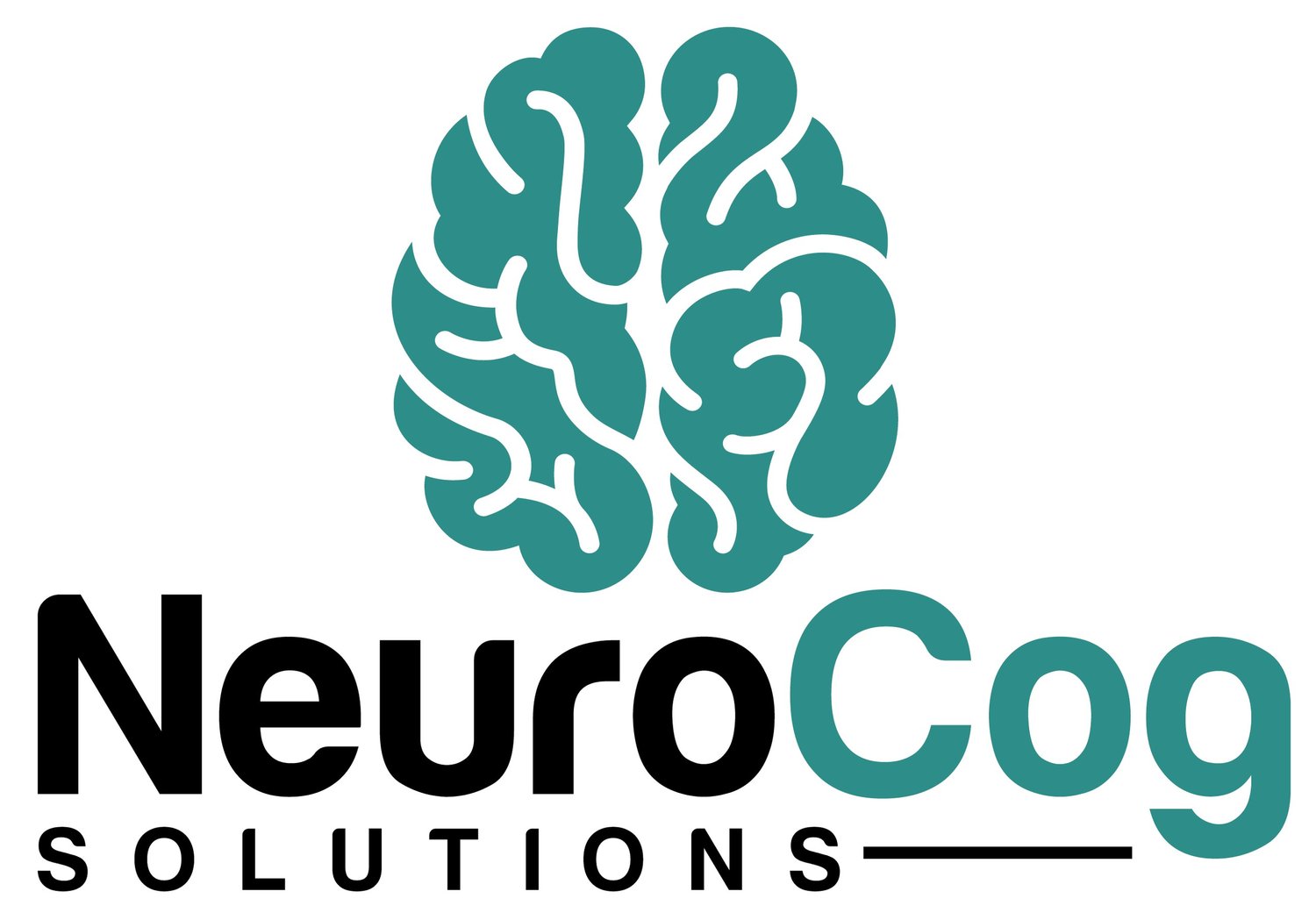Your Treatment Team: Who Can Help You Understand Dementia
Getting answers about memory or other thinking changes can feel overwhelming. But, you're not alone. There's a team of professionals who can help you navigate the process.
First Step: Your Primary Care Doctor
Tell your primary care physician (PCP) about your concerns. Your PCP may refer you to a specialist for some initial tests.
The initial tests and specialized care are important because sometimes, treating these other conditions can improve your thinking skills.
Next Steps: Building Your Support Team
Find a team that understands your personal needs and goals. They can work together to create a plan that's made specifically for you.
Specialized Help:
Speech-Language Pathologists (SLPs):
These professionals can help you and your family find ways to cope with memory, language, and thinking challenges.
They can teach you helpful strategies to communicate and remember things.
Neurologists (Brain Specialists):
Neurologists focus on the brain and nervous system. They are experts in understanding brain conditions and may run specialized tests to understand what is causing your changes in thinking.
They may start by ruling out other things that can mimic dementia symptoms. This may include:
Vitamin deficiencies
Mini-strokes (TIAs)
Infections (like UTIs)
Electrolyte imbalances
Vascular issues
Metabolic conditions
Other medical conditions
They might use brain scans, but it's important to know that:
Brain scans aren't always helpful in the early stages of dementia.
Sometimes, changes show up on scans only when the disease is already quite advanced.
They may order specific scans like:
Head CT: To see if there's any shrinking of brain areas, stroke, or tumors
Amyloid-PET scan: To check for a protein linked to Alzheimer's disease.
FDG-PET scan: To see how your brain is using energy.
They may refer you to a neuropsychologist for cognitive testing.
Neuropsychologists (Cognitive Testing Experts):
These specialists conduct detailed tests to assess your thinking skills.
These tests look at things like:
Memory
Attention
Speed
Problem-solving
Language
Visual skills
These tests are considered very reliable for diagnosing dementia.
Social workers and counselors who understand memory loss
These specialists understand how changes in thinking affect you and your loved ones.
They are experts in coping with diagnosis and planning for the future
They can help you understand the different care options available and connect you with the resources you'll need to manage the condition long-term.
In Simple Terms:
If you're worried about memory or thinking changes, your doctor is your first point of contact. They'll help you figure out what's going on. Depending on your needs, you might also work with a speech therapist, neurologist, neuropsychologist and/or social worker. Together, they'll help you understand your situation and find the best ways to manage it. If you have questions about this process, or would like information about recommended specialists, reach out to us at NeuroCog Solutions.
